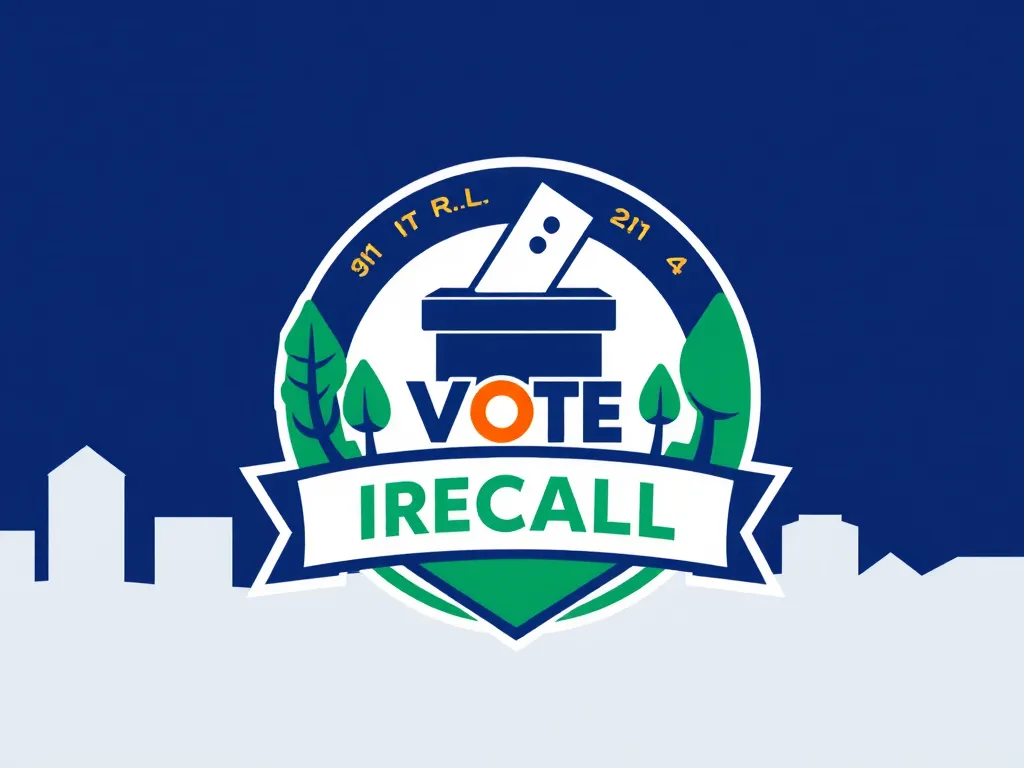Key Facts About the Fullerton Recall: What You Need to Know

Fullerton Recall Facts
The Fullerton Recall was a significant political event in California that stirred up conversations about accountability and local governance. Fullerton Recall Facts encompass the history, key players, community responses, legal aspects, media coverage, and the outcomes of the recall election that shaped the city’s political landscape.
One of the central Fullerton Recall Facts is the background leading to the recall movement. The recall was initiated in response to a combination of local controversies and public dissatisfaction with the city council decisions. Activists and residents rallied for the recall of several council members, indicating a shift in the political climate of Fullerton.
Community discussions surrounding the Fullerton Recall Facts revealed deep divisions among residents. While some viewed the recall as a necessary step toward better governance, others believed it was a politically motivated effort against particular officials. This debate showcased the varying perspectives in Fullerton’s populace regarding representation and local democracy.
Another crucial element among Fullerton Recall Facts is the implications it had on local policies. The recall emphasized the role of elected officials in addressing community concerns and how failure to do so could lead to significant political repercussions. As residents engaged more in the political process, the recall catalyzed a surge in voter participation and public interest in local governance.
Finally, examining Fullerton Recall Facts helps to understand the broader context of political accountability in California. As one of the many Recall movements across the state, this event underscored the mechanisms through which citizens can hold their leaders accountable, adding to the ongoing dialogue about democratic participation in local government.
For those interested in understanding the dynamics of local governance, the Fullerton Recall Facts offer essential insights.
Overview of the Fullerton Recall
The Fullerton Recall is rooted in the historical context of California's recall law, which allows voters to remove elected officials from office prior to the end of their term. The recall gained momentum in Fullerton during the late 2010s when several controversial decisions made by the city council led to public outcry and calls for change.
Key figures involved in the Fullerton Recall included city council members, local activists, and prominent political figures. Notable among them were council members targeted for the recall and grassroots organizations that mobilized the community for petition drives. Their different perspectives varied, influencing the strategies employed during the recall process.
The reasons behind the recall initiative were multifaceted, encompassing concerns over transparency in governance, handling of public safety issues, and overall dissatisfaction with how city resources were being allocated. Citizens raised issues regarding accountability, reflecting their desire for more responsive local leadership.
Impact on the Fullerton Community
Community responses to the recall were polarized. Supporters believed it was a necessary action to ensure that elected officials adhered to the public’s interests, while opponents criticized the recall as a wasteful action that undermined democratic processes. This divide further illustrated the complexities in community sentiments regarding the local political climate.
The Fullerton Recall had direct effects on local governance and policy making. The event spurred a larger dialogue about civic engagement and the expectation from officials to act in the community’s best interests. It resulted in a reevaluation of policies and initiatives that previously faced criticism, paving the way for reform.
Voter turnout and engagement statistics during the recall election highlighted a significant increase in public participation. The mobilization efforts by activists emphasized the importance of local elections in fostering community involvement, resulting in a more proactive electorate in subsequent election cycles.
Legal Aspects of the Recall Process
California recall election laws dictate the procedures by which a recall can be initiated and conducted. Understanding these laws is essential to comprehend the legal framework that shaped the Fullerton Recall. The law requires a significant number of signatures from registered voters to prompt a recall election.
Procedures for initiating a recall include organizing signature-gathering campaigns and ensuring compliance with state laws regarding timing and formatting. Activists in Fullerton utilized these procedures, demonstrating the community’s commitment to bringing about political change through lawful means.
Legal challenges encountered during the recall process were primarily centered around the validity of signatures and procedural adherence. These challenges reflected the tensions inherent in such efforts, showcasing both the potential for civic engagement and the complexities involved in mobilizing for a recall.
Media Coverage of the Fullerton Recall
Major news outlets provided extensive coverage of the Fullerton Recall, highlighting the various dimensions of the event. Reports focused on the implications for local governance, personal stories from constituents, and the overall narrative surrounding accountability and political representation in Fullerton.
Social media played a crucial role in shaping public opinion regarding the recall. Platforms like Twitter and Facebook became crucial tools for activists to mobilize support, disseminate information, and engage with constituents, illustrating the power of digital communication in modern political movements.
A comparative analysis with past recalls indicated trends in civic engagement and recalls across California. The Fullerton Recall was part of a larger movement concerning political accountability, reflecting a growing awareness among citizens about their rights and responsibilities in local governance.
Outcomes of the Fullerton Recall
The results of the recall election were pivotal in determining the future of Fullerton politics. The outcome led to the removal or retention of specific officials, shaping the immediate political landscape and signaling voter sentiment regarding governance and representation.
The aftermath for officials involved in the recall included a reassessment of their roles and approaches to governance. Some were compelled to adapt to the changing political climate, while others faced challenges in maintaining public trust and legitimacy in their leadership positions.
Future implications for Fullerton politics were profound, as the recall triggered ongoing debates about political accountability, voter engagement, and the role of political activism. It served as a reminder of the necessity for elected officials to remain attuned to the needs and concerns of their constituents, influencing the political culture in Fullerton going forward.
